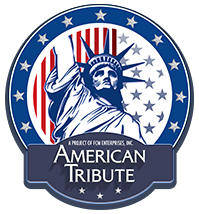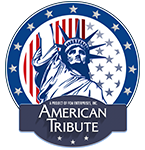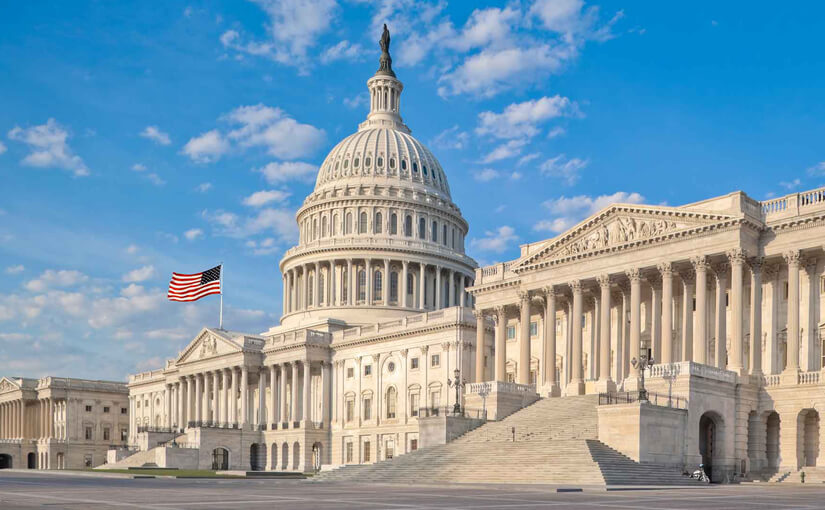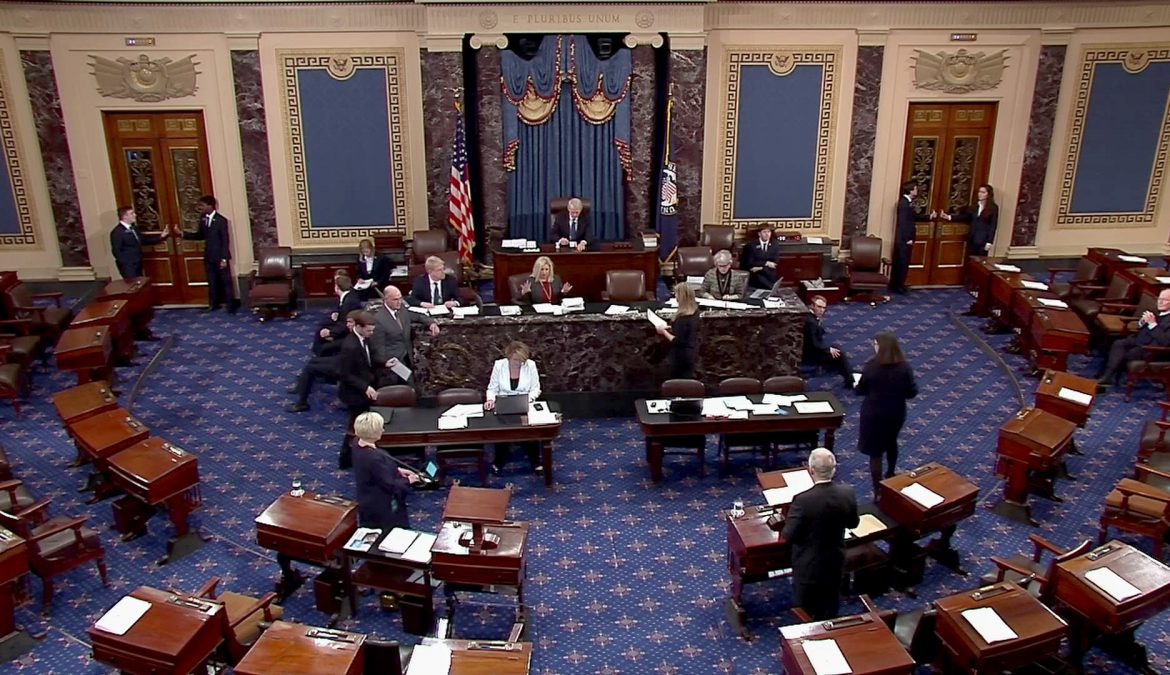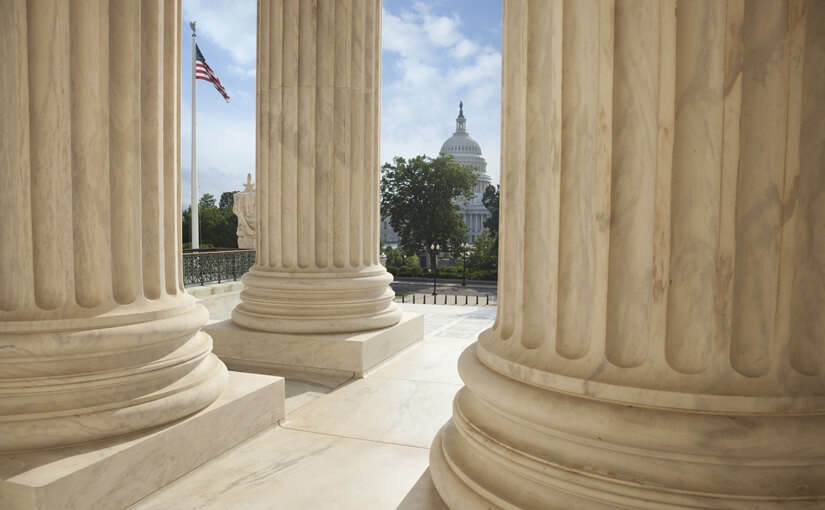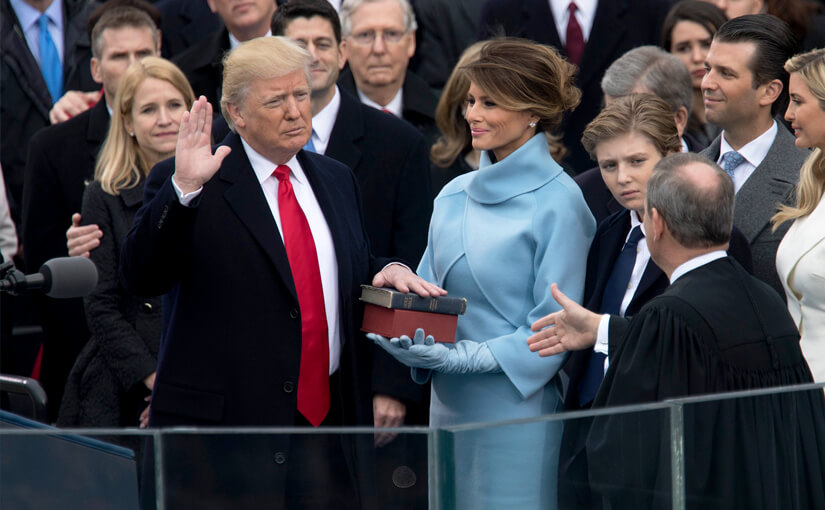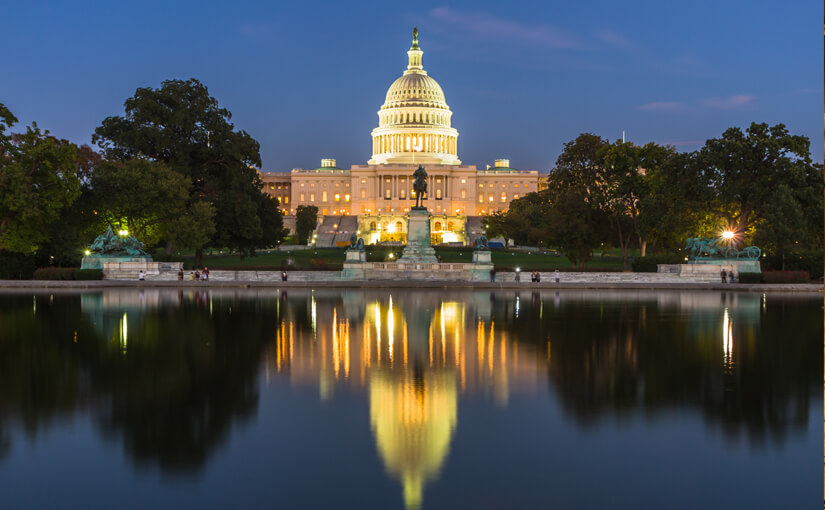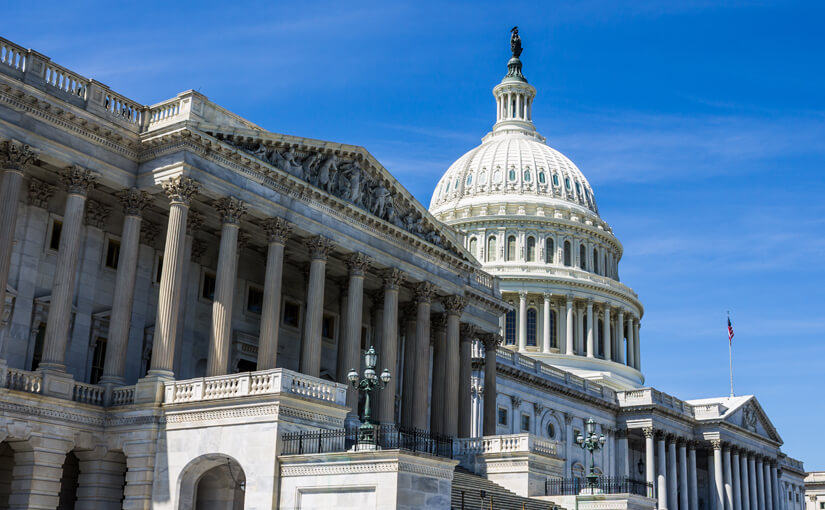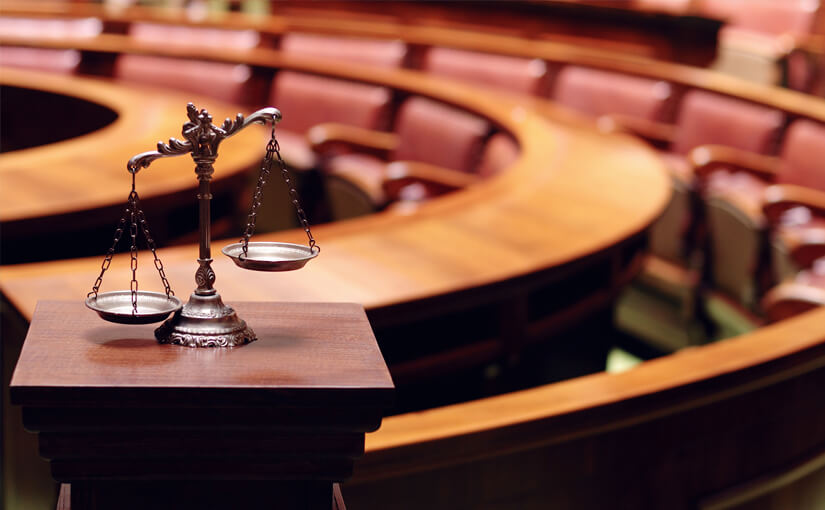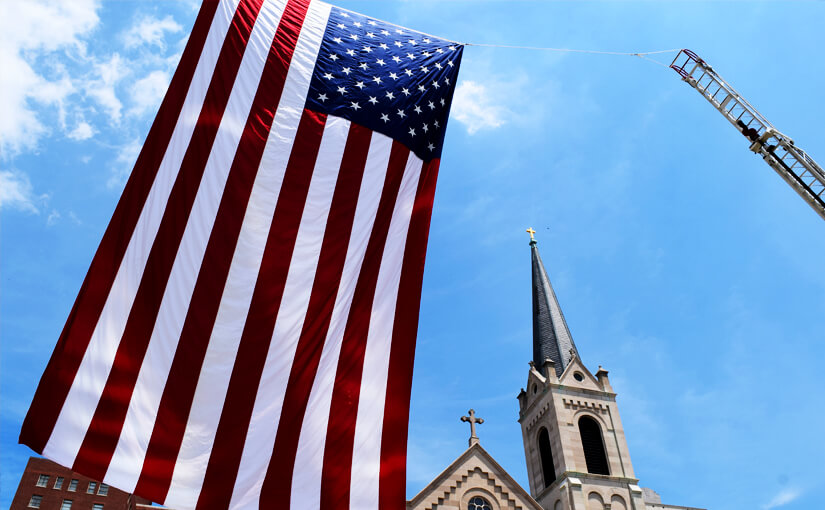- The Senate and House (of Representatives)
Congress is divided into two parts—the Senate and the House of Representatives. Because it has two “chambers,” the U.S. Congress is known as a “bicameral” legislature.
The system of checks and balances works in Congress. Specific powers are assigned to each of these chambers. For example, only the Senate has the power to reject a treaty signed by the president or a person the president chooses to serve on the Supreme Court.
Only the House of Representatives has the power to introduce a bill that requires Americans to pay taxes.
* If you are 65 or older and have been a permanent resident of the United States for 20 or more years, you may study just the questions marked with an asterisk.
** As you prepare for U.S. citizenship, Learn About the United States: Quick Civics Lessons will help you study for the civics and English portions of the naturalization interview. There are 100 civics (history and government) questions on the naturalization test. During your naturalization interview, you will be asked up to 10 questions from the list of 100 questions. You must answer correctly six (6) of the 10 questions to pass the civics test.
